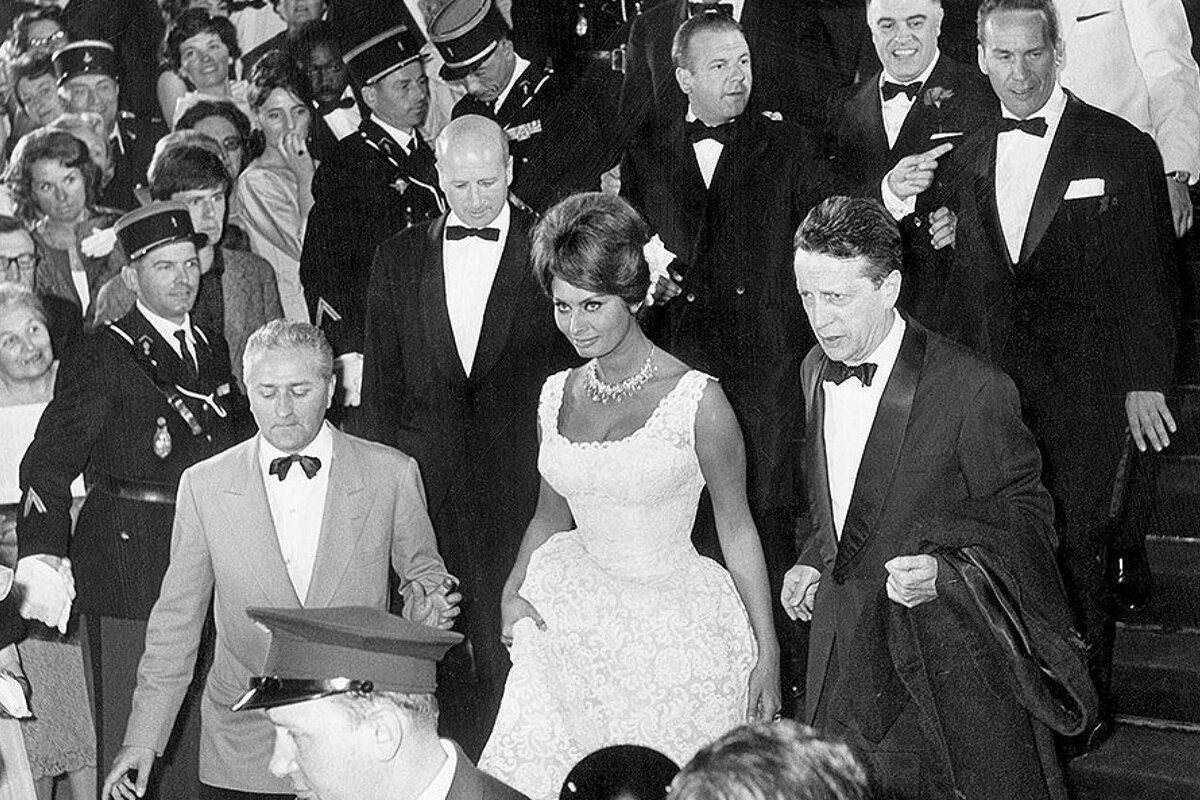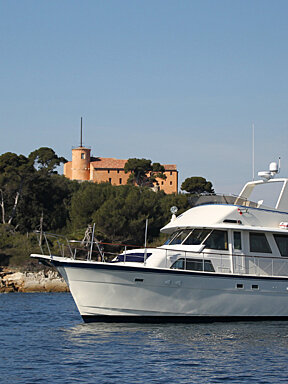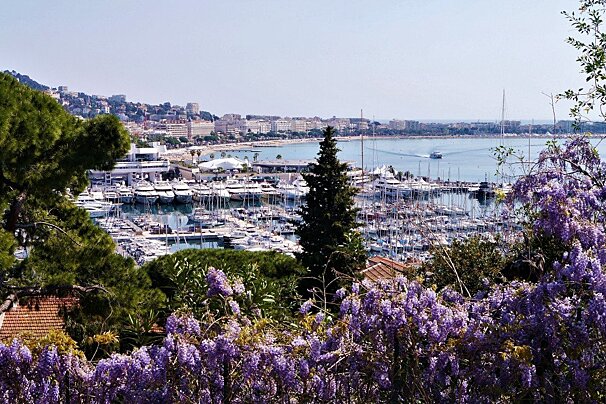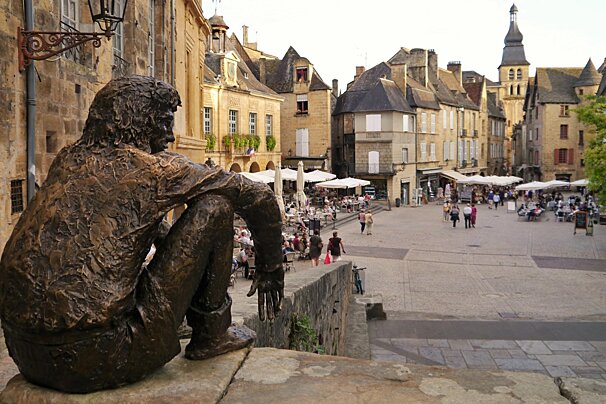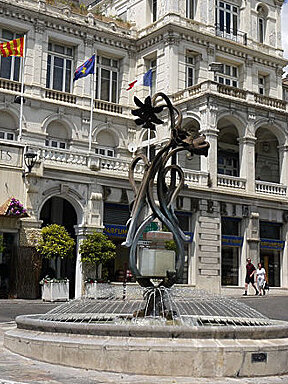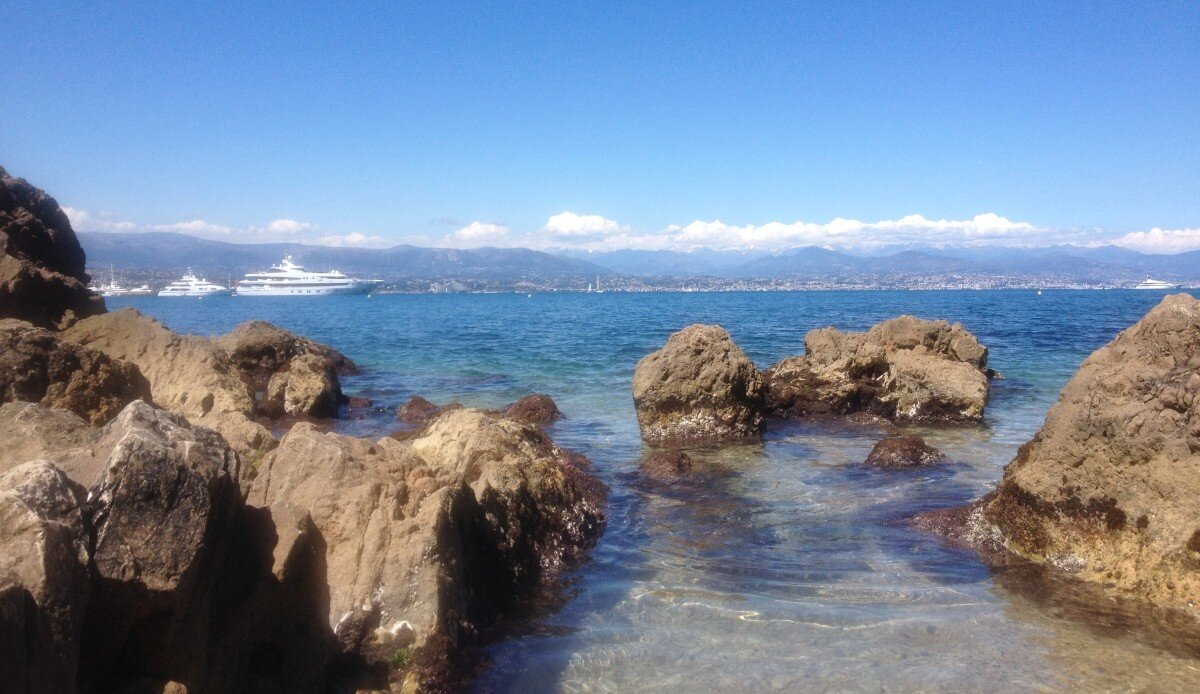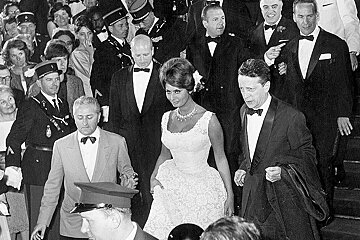
History of Cannes
Discover the Cannes of yesterday
A town perhaps better known for the annual film festival that it hosts and for the celebrity spotting that brings.
Cannes has its fair share of glitz, glamour and celebrity status but it is also a popular yachting and diving destination and has a long and interesting history that can be seen and explored.
Early history
The first settlement at Cannes was thought to be during the 2nd century BC. For most of its early days it remained a pleasant and quiet fishing village. Cannes fell into the Roman Empire and was populated mainly by monks who had built and fortified monasteries on both the main land and on the Islands just off the Cannes coast.
Fearing an attack by the Saracens they strengthened their fortifications further and using their vast wealth they constructed a watch tower in the area of Le Suquet. This is how the name Cannes was born; thought to derive from the word 'kan', meaning summit.
Development through the ages
During the 12th century, the dreaded Saracen pirates arrived and conquered the town, looted the islands, all of which lead to a period of great insecurity.
In 1520 war broke out between French King Francis I and Holy Roman Emperor Charles V. Cannes became a corridor for marching armies, but the worst was yet to come with the great plague of 1579, which wiped out most of the town’s inhabitants.
Spanish troops arrived in 1635 and occupied the town for nearly two years, and they returned in 1707 during the War of Spanish Succession. Between these foreign occupations, the fortress on the islands of Lerins became a state prison and one of its most famous inmates was the Man in the Iron Mask, who stayed there for eleven years from 1687 onwards. There has been much speculation as to who this mystery prisoner was (some believe it was the twin of King Louis XIV), but to this day nobody knows.
Recent history
Cannes enjoyed a period of calm in the 18th century, and in the 19th century it flourished.
A British Lord Chancellor paved the way for aristocracy by building his palatial holiday villa in Cannes. After visiting the city in 1834 he became so enamoured with it he stayed. His actions then spurred an influx of Europe's wealthy citizens, by introducing the British aristocracy to his new home the city soon became one of the trendiest and wealthiest spots on the Côte d’Azur.
The first film festival, which took place after the Second World War in 1946, lay the foundations which have made Cannes a global hotspot for glitz and glamour.
